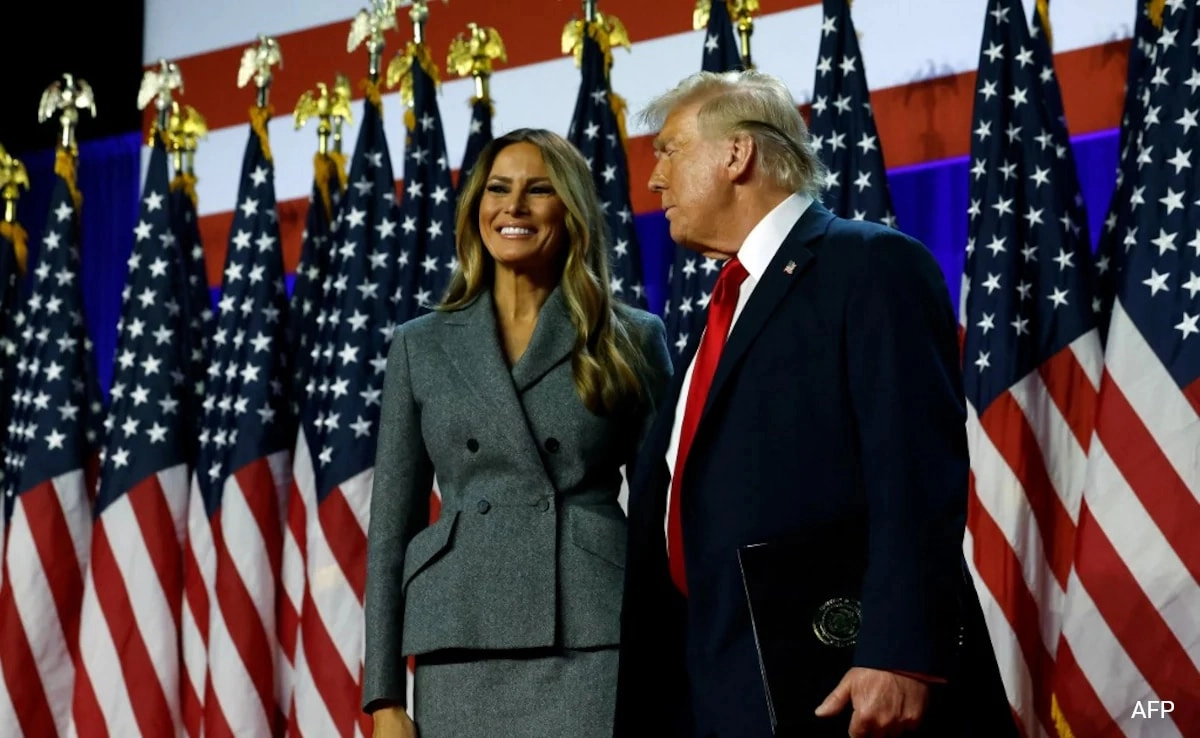Former President Donald Trump has publicly acknowledged the influence of his wife, Melania Trump, on his perspective regarding Russia’s actions in Ukraine. In a recent statement, Trump revealed that discussions with Melania have prompted him to reassess his views on Russian President Vladimir Putin and the ongoing conflict in Ukraine. This admission highlights the often overlooked role that personal relationships can play in shaping political opinions and decisions.
Trump, who has faced criticism for his previous admiration of Putin, now expresses a more nuanced understanding of the situation in Ukraine. He credits Melania for encouraging him to consider the broader implications of Putin’s aggression, not only on Ukraine but also on global stability. This shift in perspective may reflect a deeper understanding of the complexities of international relations, as well as a recognition of the humanitarian crisis unfolding in Eastern Europe.
The Ukraine war has been a pivotal issue in global politics, drawing attention from leaders and citizens alike. Trump’s evolving stance, influenced by his wife’s insights, underscores the importance of dialogue and reflection in the face of such significant geopolitical events. As discussions around the war continue, Trump’s acknowledgment of Melania’s impact serves as a reminder that personal connections can lead to profound changes in viewpoint, even among the most prominent political figures.
In light of this development, it is crucial to consider how personal relationships can inform political perspectives. The dynamic between Trump and Melania demonstrates that even in the highest echelons of power, leaders can be swayed by their loved ones to adopt more compassionate and informed stances on pressing global issues. As the international community watches the situation in Ukraine unfold, the influence of personal relationships on political discourse remains a relevant topic for discussion.




